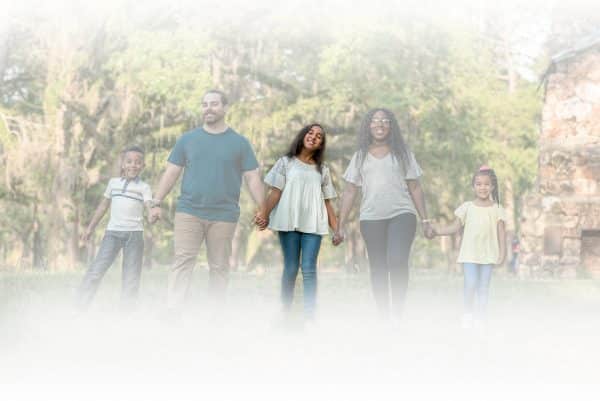Every child has the right to grow up in a loving, safe and nurturing home environment with their parents, relatives or those with whom they have a family-like relationship.
A wide body of research supports the notion that children do best with kin and that family connections are vital to healthy child development, sense of belonging and to preserving a child’s cultural identity and relationship to their community. Across the United States, there are several states that have developed programs to encourage kinship and provide supports to kinship caregivers. Virginia, however, ranks last in the nation for kinship care. The three main barriers for kinship care in Virginia are policy, practice, and perception. The research and outcomes surrounding kinship care are compelling and have served as a foundation for kinship practices at UMFS. This white paper explores current barriers, evidence for the benefits of kinship care, historical information on the foster care system, best practices and principles, and highlights the kinship work currently being done at UMFS.
